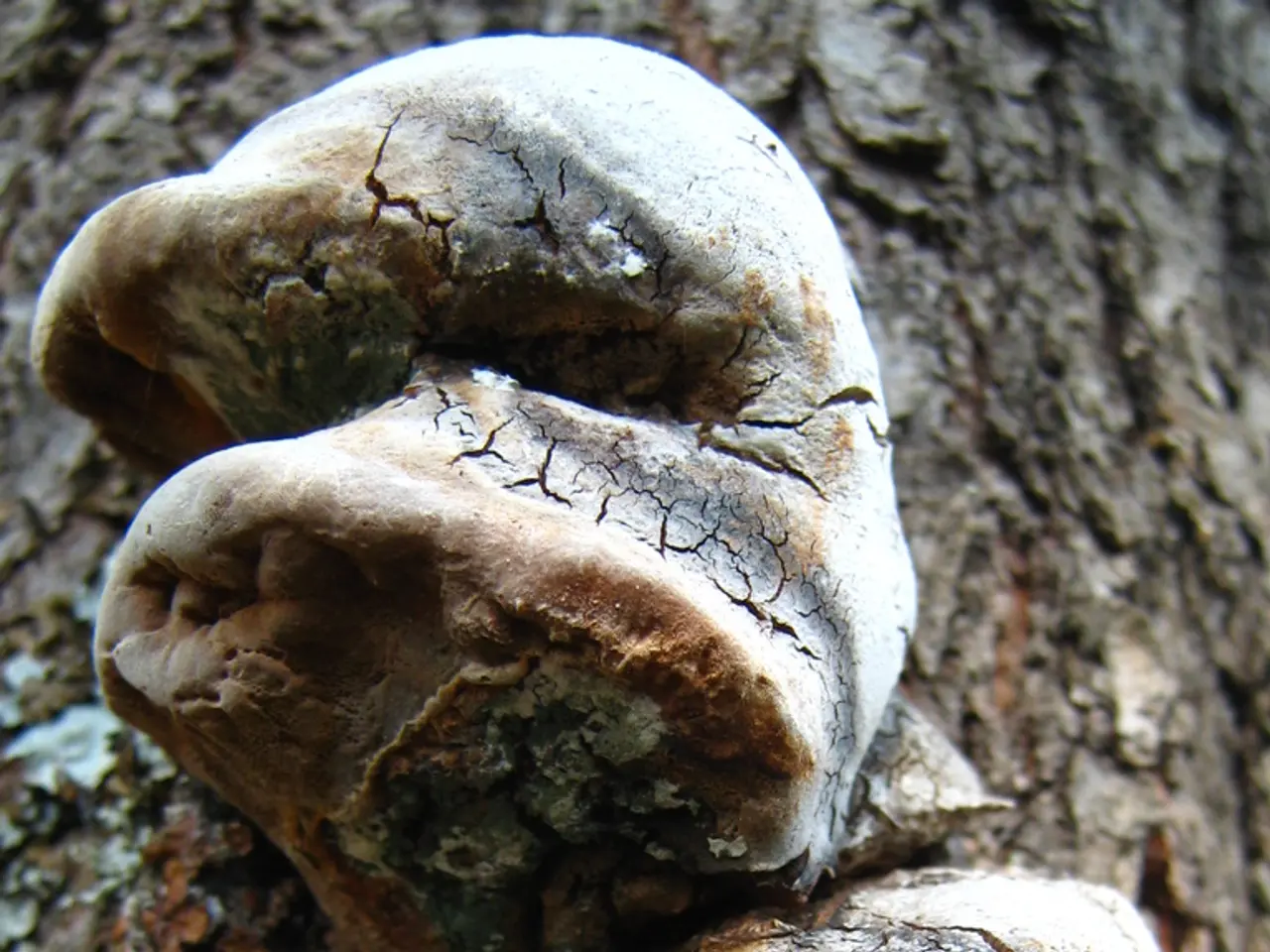Eran Blacher Wins 2021 NOSTER & Science Microbiome Prize for Gut-Brain Axis Research
Eran Blacher has won the prestigious 2021 NOSTER & Science Microbiome Prize for his groundbreaking work on the microbiome's role in neurodegenerative diseases. His prize-winning essay, titled 'Illuminating the microbiome's role in neurodegenerative diseases', offers new insights into the 'gut-brain axis' and its potential for treating these disorders. Blacher's research, conducted at Tel Aviv University and Tel Aviv Sourasky Medical Center, sheds light on the relationship between the microbiome and diseases like Alzheimer's and Amyotrophic Lateral Sclerosis (ALS).
Blacher's clinical studies focused on the influence of Akkermansia muciniphila and the metabolite nicotinamide on ALS symptoms. His findings reveal that probiotic treatment with Akkermansia muciniphila or its associated metabolite, nicotinamide, improved ALS symptoms in mice. Similar changes in microbiome composition and function were found in ALS patients, associated with reduced nicotinamide levels in serum and cerebrospinal fluid. Blacher's research demonstrates a link between the human brain and the gut microbiome, influencing brain activity through small molecule metabolites. In a mouse model, he discovered microbiome-driven alterations in metabolite configuration preceding ALS symptoms. Blacher's work is particularly significant as millions of people worldwide suffer from neurodegenerative disorders, but their roots remain unclear.
Eran Blacher's pioneering research illuminates the relationship between the microbiome and neurodegenerative diseases, offering new avenues for treatment. His work on the microbiome's role in ALS and Alzheimer's disease has the potential to revolutionise our understanding and management of these disorders. Blacher's prize-winning essay highlights the importance of further research into the 'gut-brain axis' for developing effective therapies.
Read also:
- Trump's SNAP reductions and New York City Council's grocery delivery legislation: Problems for city residents highlighted
- Reducing dental expenses for elderlies in Sweden: Over 50% cut in charges for pensioners by the government
- Forty-year-old diet: A list of meal choices to savor
- Exiled Life's Conundrum: A Blend of Liberation, Disillusionment, and Distress





